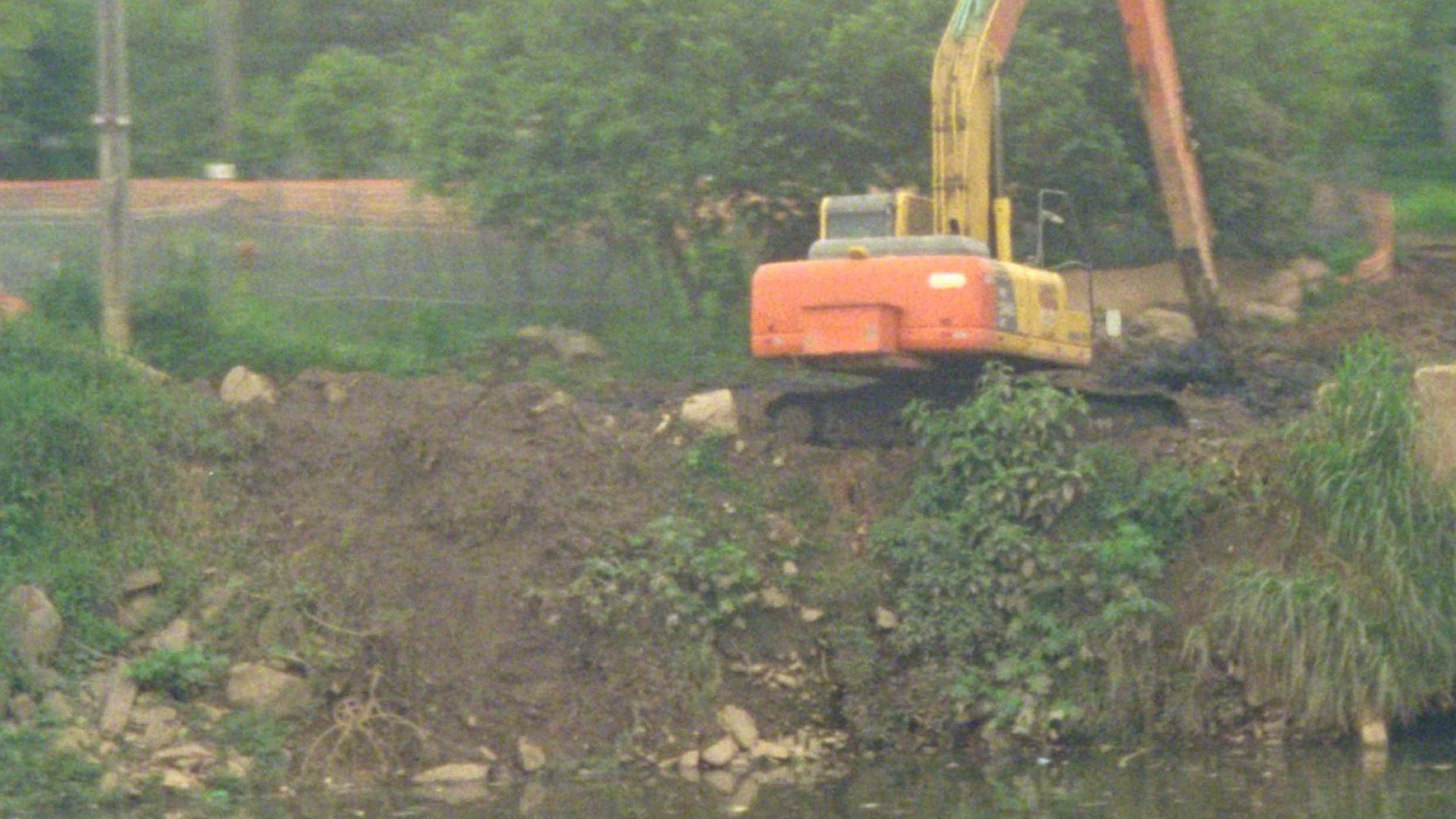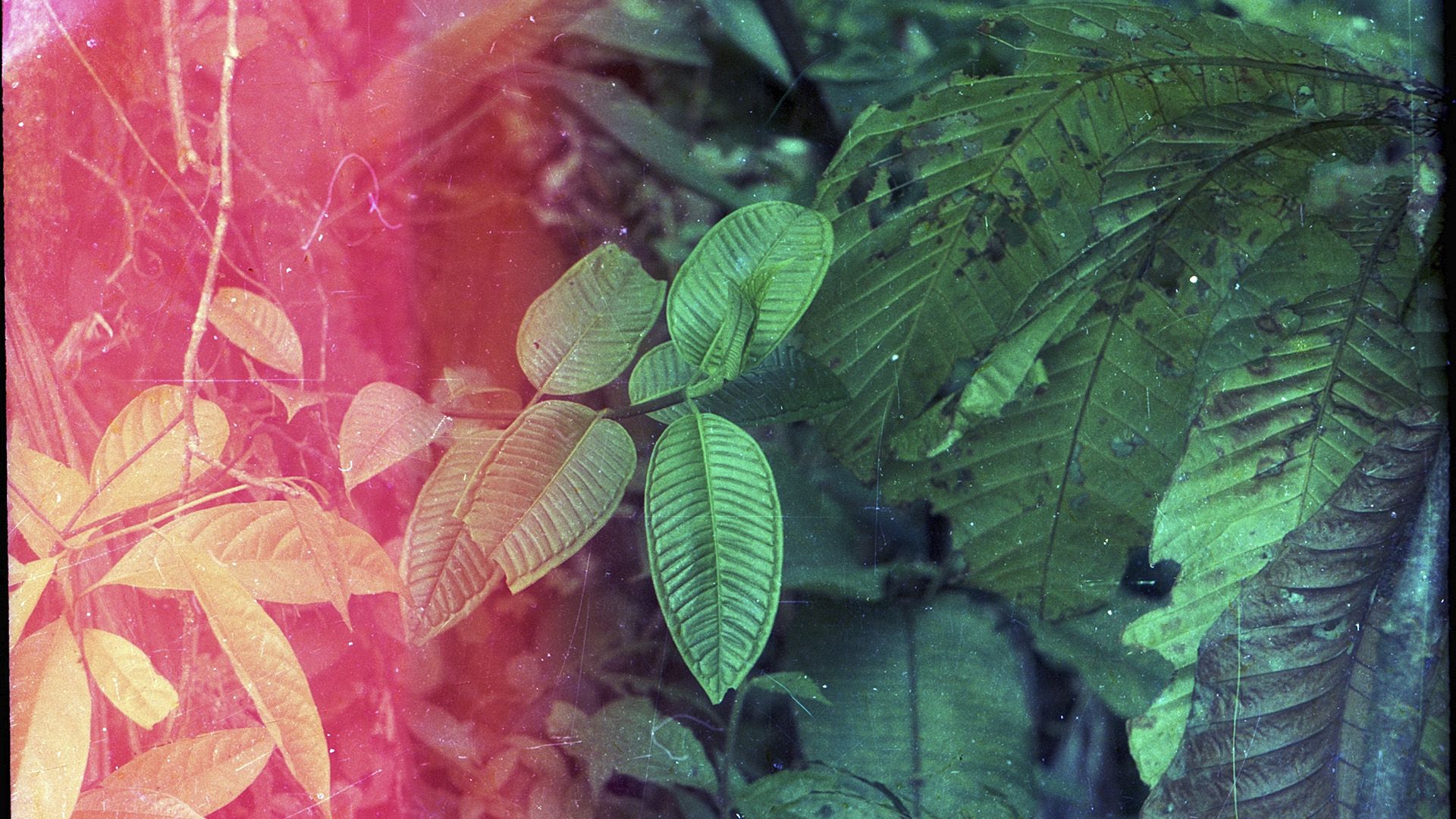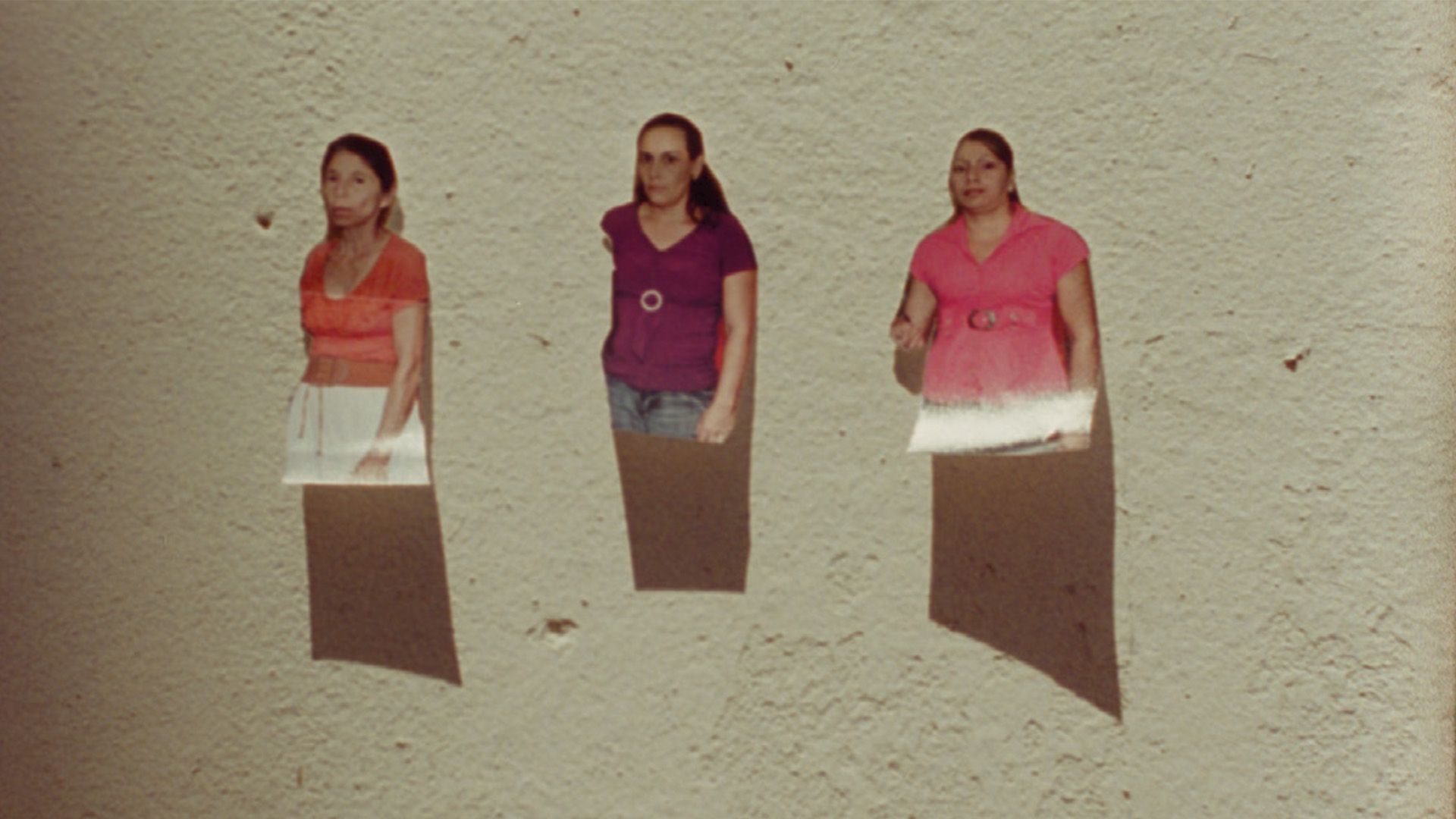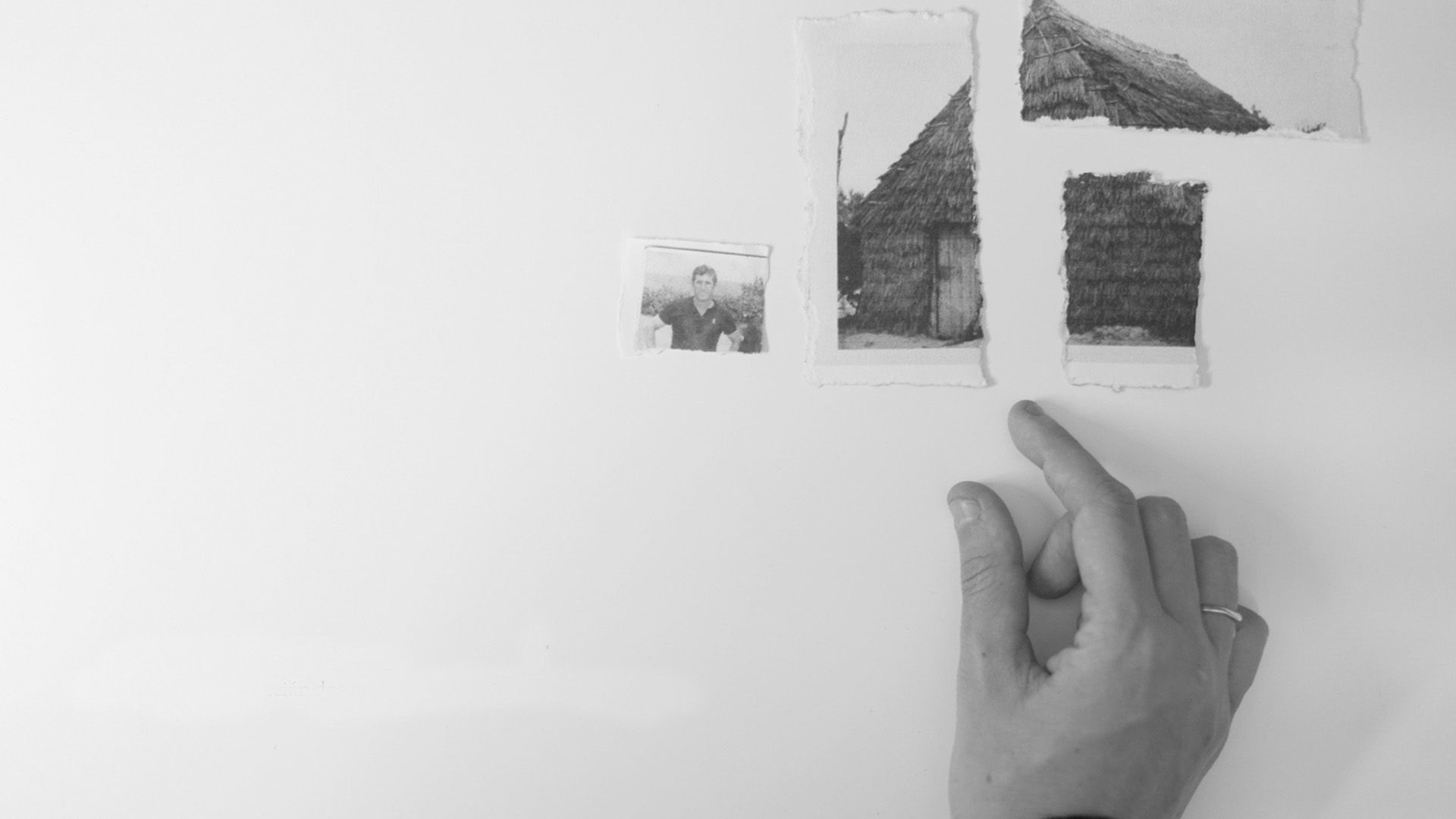INPUT
PERSONALISED TUTORING SPACE FOR FILM PROJECTS IN DEVELOPMENT
INPUT is a tutoring and consultancy space for film projects in development which was launched in 2017 as the result of collaboration between the Luis Seoane Foundation and the (S8) International Peripheral Film Festival (Mostra Internacional de Cinema Periférico). Through it, every year a group of filmmakers gain access to internationally renowned professionals in the sphere of cinema and art with whom they can discuss their projects, ranging from the writing and development stage up to distribution. These are individual, personalised tutorials, where each of the tutees selected can share their creative processes that are then analysed by the mentor to find new ways or foster existing ones.
INPUT is one of the main lines of work carried out by eSe8_LAB, which organises and fosters professional activities that involve modernisation in the sector, with an impact on the promotion of Spanish culture nationwide and internationally. The aim of these sessions is to foster professionalisation among new creators, boosting their training, lending them structure and networking within the cultural sector in Spain.
TUTORS
ANNALISA D. QUAGLIATA
Annalisa D. Quagliata Blanco graduated from the Massachusetts College of Art and Design, where she completed a dual major in Film/Video and Studio for Interrelated Media. Her work has been exhibited internationally, and she is on the team at the LEC (Experimental Cinema Laboratory) and in charge of the La Cueva exhibition venue in Mexico City. Her “imago” project was awarded a grant from the Princess Grace Foundation, USA, and she has also been awarded a scholarship for the Young Creators Programme and the Programme for the Promotion of Cultural Projects and Co-investments run by FONCA (Mexican National Endowment for Culture and Arts).
FRANCI DURÁN
Francisca Duran is a Chilean-Canadian experimental media artist who creates films, video installations and 2D mixed-media works about history, memory and violence. Duran has exhibited internationally at film festivals and venues including Edinburgh International Film Festival, International Film Festival at Rotterdam, HotDocs, Arkipel, Anthology Film Archives, Los Angeles Film Forum, VideoPool and Centre[3]. Duran holds an M.F.A. from York University and a B.A.H. from Queen’s University and continues to receive professional development from artist-run centres and through artist mentorships. Her practice has been supported by research, travel, and production grants from Canadian arts councils.
MARÍA RUIDO
María Ruido is a visual artist, filmmaker, researcher and teacher. She currently lives in Madrid and Barcelona, where she is a lecturer in the Department of Image at the University of Barcelona. Since 1998 she has been carrying out interdisciplinary projects on the social construction of the human body and identity, the imaginaries of work in post-Ford capitalism, and on the construction of memory and its relationships with the narrative forms of history. More recently she has worked on the new forms of de-colonial imaginaries and their emancipatory possibilities. Her productions include noteworthy documentary essays such as La memoria interior (Inner memory, 2002), Ficciones anfibias (Amphibious fictions, 2005), Plan Rosebud (2008), ElectroClass (2011), Le rêve est fini (The dream is over, 2014), Mater Amatísima (2017), Estado de malestar (Unwellfare state, 2019) and the performance-talk Las reglas del juego (The rules of the game, 2022). She has taken part in many national and international exhibition projects, as well as in film and video festivals. Her works can be found in the permanent collections of MNCARS, MACBA, CA2M, CGAC and the OVNI Archive.
OANA GHERA
Oana Ghera is a Romanian film curator with an academic background in film studies and scriptwriting. She has been the Artistic Director of the Bucharest International Experimental Film Festival (BIEFF) since 2020 and more recently she joined the pre-selection committees of Go Short (Nijmegen) and Vienna Shorts, as well helping curate the 2024 market catalogue for SFC | Rendez-vous Industry for the Cannes Film Festival. In 2023, she was appointed as the Industry Coordinator of the European Short Pitch. Previously, she was a co-programmer for the NexT International Film Festival (2016 – 2019). She has been part of script reviewing commissions for the Romanian National Film Center (CNC) in 2020 and 2022 and participated in numerous juries for film festivals.
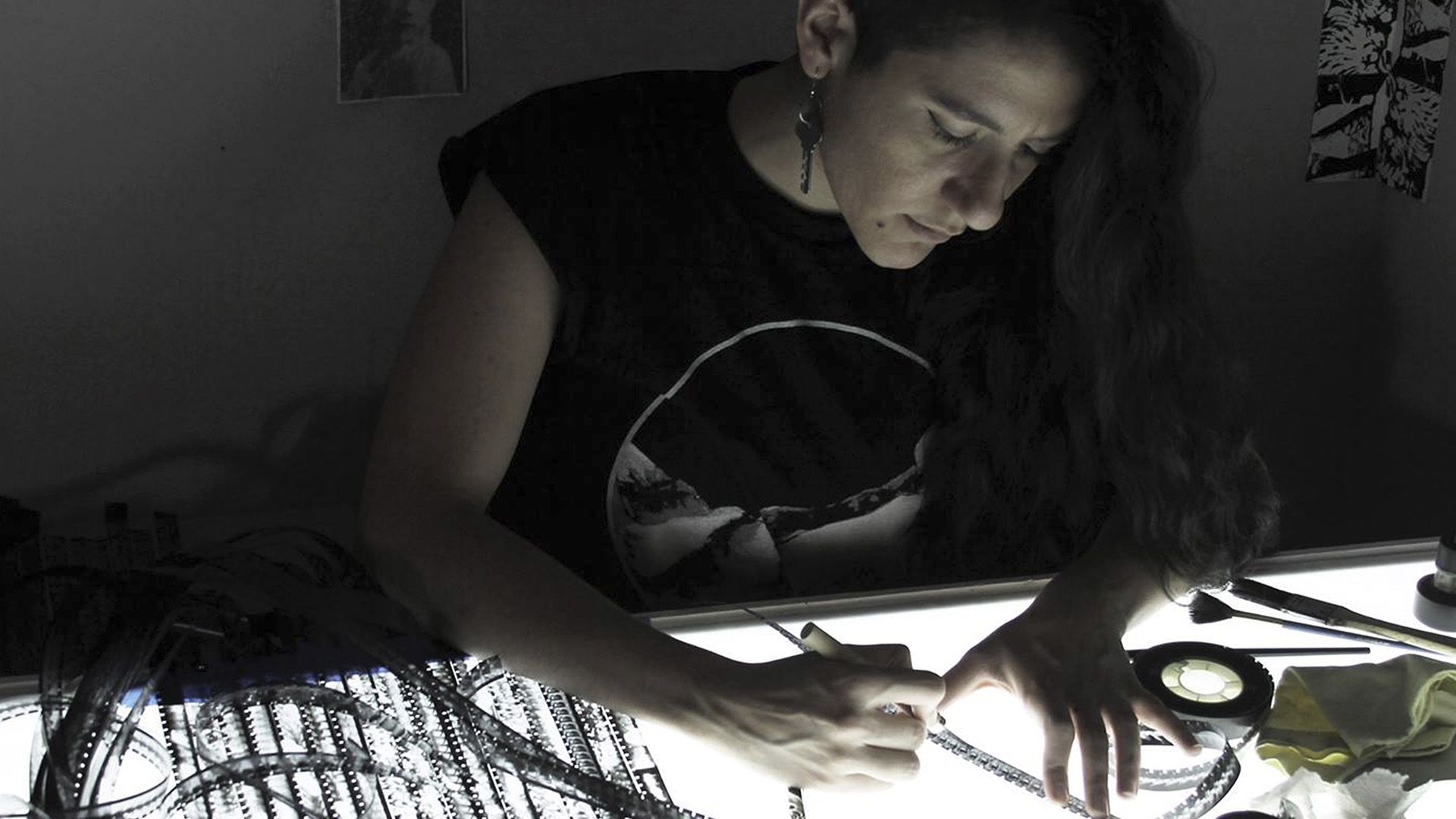

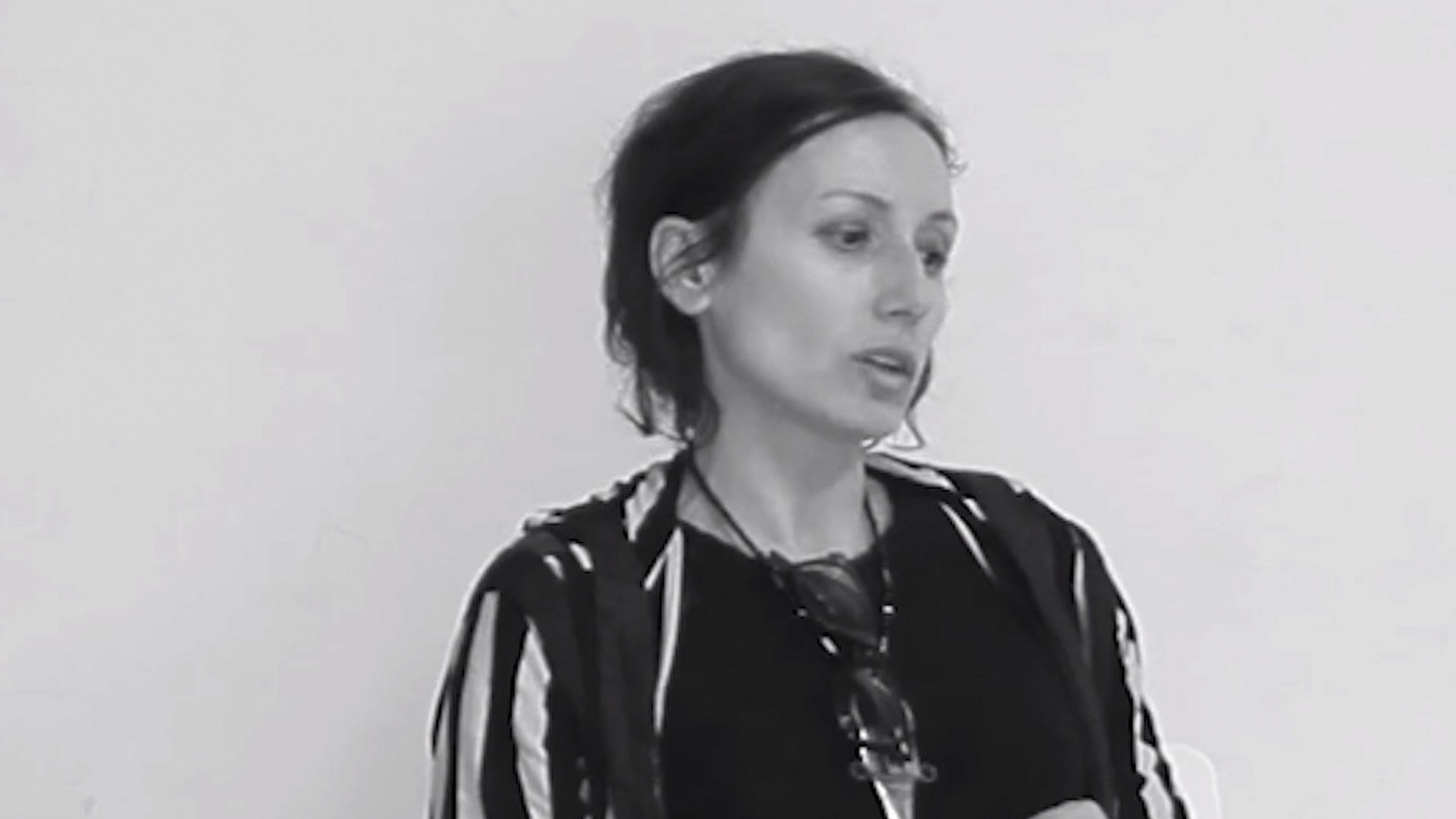
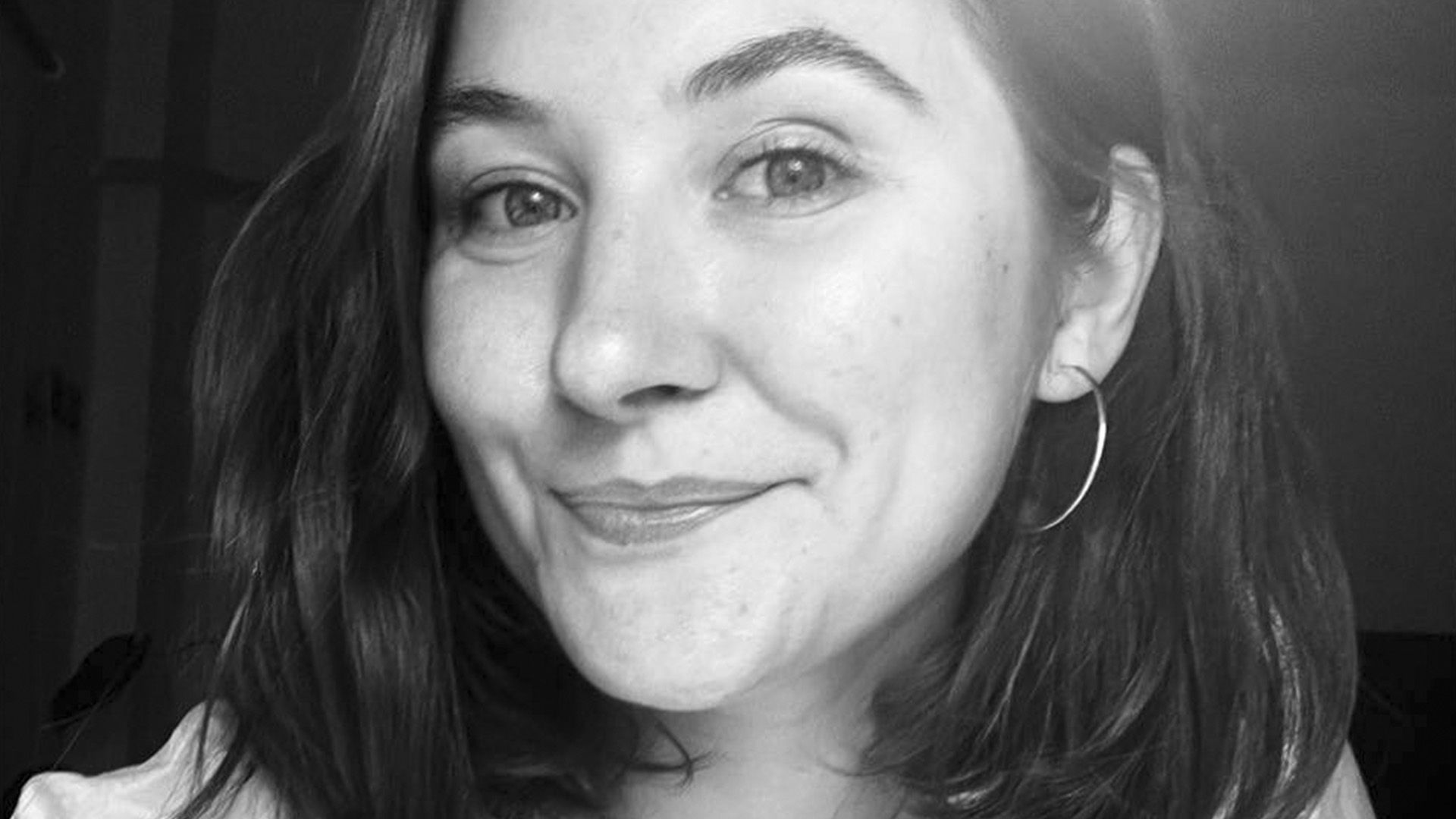
SELECTED PROJECTS
EN UN MEANDRO, by Raffaella Rosset
En un meandro (In a meander) is a project that seeks to conjure up the meeting of the Tietê and Pinheiros rivers and the railway lines in the city of São Paulo, Brazil, via a single-sound-channel film, a multichannel installation and a zoetrope. The project is based on the awareness of how the two rivers are violated by having their banks collapsed with concrete, their meanders straightened out, and their neighborhood communities expelled by property speculation. Filming the rivers from the city’s trains adds another layer related to the protests against the privatisation of the public railway company.
Raffaella Rosset (São Paulo) has a degree in cinema from the Armando Álvares Penteado Foundation (Brazil), and was in the Vórtice artistic residency (INVE Plataforma, Chile). She is currently studying the LAV master’s degree in Madrid. Her work is driven by the desire to experiment with the limits of photographic media and its potential. She won the audience award at the Bogotá Experimental festival for Filme de Quarto (2021), and her work has been seen at the Beijing IFF, Cinemateca do MAM (Brazil), Cineteca Matadero (Madrid), Palácio das Artes de Belo Horizonte (Brazil) and more. Her photographic work has also been seen in group exhibitions at the Tate Modern (UK) and the Museu de Arte Brasileira – MAB (Brazil), and in printed publications such as Putrefações (Selo Turvo, Brazil, 2023).
PAKORÉ WERÀ, by Manuel Mateo
Pakoré Wera is a project that was carried out jointly with the Embera indigenous community of 21 (Chocó) based on a collection of audiovisual archive material. The project reflects on the life of nature captured in the photos, and the community’s memories that they portray. Its perspective is based on the botanical and ethnographic side of the archive material, resulting in a cinematographic form that turns to mythology to feel the organic life woven between the plant and human realms.
Manuel Mateo, a Colombian anthropologist and filmmaker, graduated from the EICTV of San Antonio de los Baños and is currently studying at the Elias Querejeta Zine Eskola. His movie Ánima has toured international festivals and won the best Latin American short film at the Mar del Plata Festival, the best national documentary at Bogoshorts, and other awards and acknowledgements.
URGENCIA DE MEDIODÍA, by Daniela Delgado Viteri
Urgencia de mediodía (Midday emergency) is a short film in development that documents the shadows of a group of people who claim them and display them in the centre of Portoviejo, Ecuador, a place where the sun strikes at 90 degrees.
Daniela Delgado Viteri was born in Portoviejo, Ecuador. After finishing her studies in film, she worked in food delivery—a job she combined with making several self-produced short films that mix elements of documentary and fiction, such as Culebra Jr. (Snake Jr. 2013, 16 mm), Espectáculos variados para eventos varios (Varied shows for varied events, 2016, 16 mm), Shortcuts (2019, minidv), Todxs queremos un lugar al que llamar nuestro (We all want a place to call our own, 2022, 16 mm), and more. Her works have been shown at festivals such as IFFR, CPH-DOX, IDFA, True False FF, Valdivia IFF, Mar del Plata, Courtisane, and more. She studied a master’s degree at Le Fresnoy, Studio des Arts Contemporains (France), and another at the Film Curating Dept. of the Elías Querejeta Zine Eskola (San Sebastián). Her book Olmedo y Quito, a fictional essay about the neighbourhood fires and photographs by Walter Zambrano, was published in April 2024 by the Fulgencio Pimentel publishing house.
NOMBRAR NUESTRA CASA, by Bárbara Guerrero González
Nombrar nuestra casa (Naming our house) is a documentary (re-)construction that delves into the search for a family’s story through which to question the conception and construction of a house, an archive, memory and a film. The project is based on a municipal registry that comes up against a family’s past that has been barely recorded, silenced by institutional history. This includes the existence of centrally located huts that many families built themselves in Chiclana de la Frontera with palm leaves, cattails, sticks and stones in the 60s.
Barbara Guerrero Gonzalez (Chiclana de la Frontera, Cádiz, 1997) studied Audiovisual Communication at the University of Seville. She was involved in creating the self-managed Sevillian feminist film collective Hyksos, where she works on programming and production. She has worked in various film festivals, and completed the Master’s in Cinematography at the University of Córdoba. As a result of the latter, she began research on the pioneering directors of Andalusian cinema, which she continues today independently in collaboration with the Filmoteca de Andalucía (Andalusian Film Archive), and which she has self-published three fanzines about. She is currently taking the UNED expert course in Cultural Heritage Management
